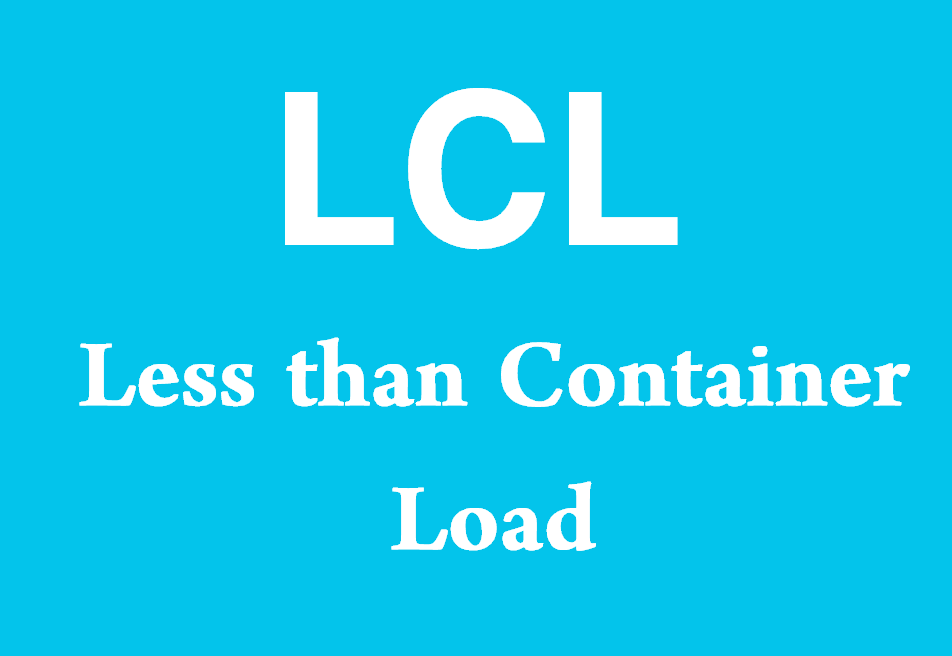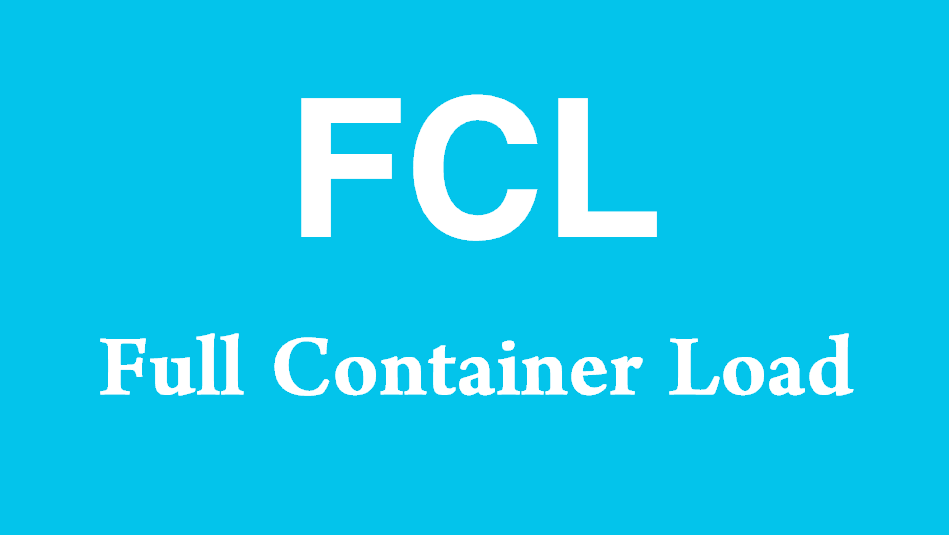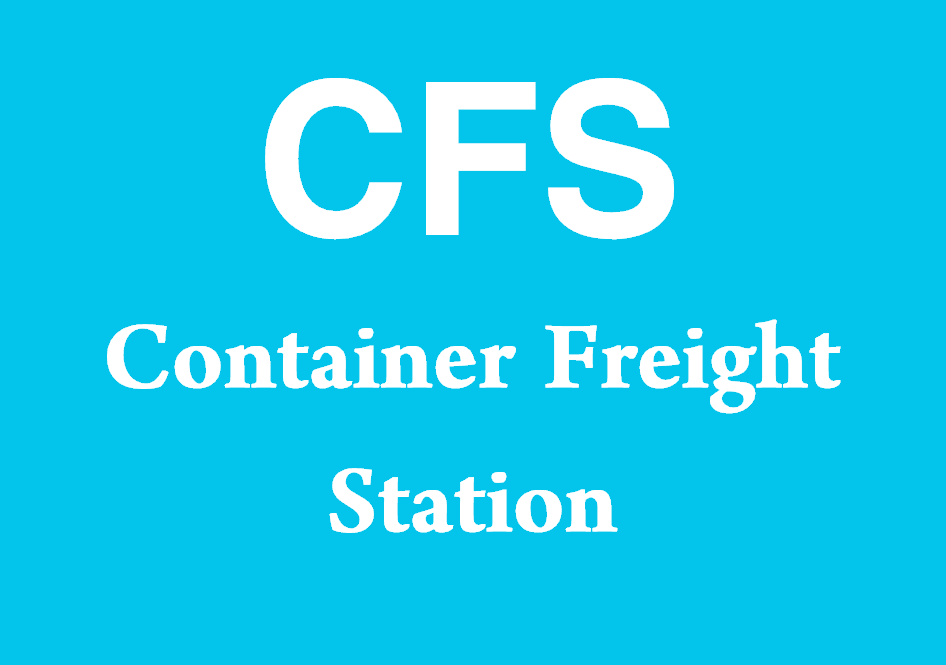What Does LCL Stand For?
LCL stands for “Less than Container Load.” Less than Container Load shipping refers to the transportation of small ocean freight shipments that do not require the full space of a container. In LCL shipping, multiple shipments from different shippers are consolidated into one container, allowing businesses to share space and reduce costs.

Comprehensive Explanation of Less than Container Load (LCL)
Introduction to Less than Container Load (LCL) Shipping
Less than Container Load (LCL) shipping is a method used to transport small quantities of goods that do not fill an entire shipping container. This method allows businesses to share container space with other shippers, leading to cost savings and increased efficiency in global trade. LCL shipping is ideal for companies that do not have enough cargo to justify the cost of a full container and want to benefit from the flexibility of smaller shipments.
How LCL Shipping Works
Consolidation of Shipments
LCL shipping involves consolidating shipments from multiple shippers into a single container. Freight forwarders or shipping companies gather these small shipments, combine them into one container, and ensure they are appropriately labeled and documented. This process allows businesses to share transportation costs and optimize container usage.
Freight Forwarders and Logistics
Freight forwarders play a crucial role in LCL shipping. They manage the logistics of consolidating shipments, coordinating with various shippers, and ensuring that the consolidated container is loaded onto the vessel. Freight forwarders handle the paperwork, customs clearance, and other regulatory requirements, making the process seamless for shippers.
Transportation and Delivery
Once the consolidated container reaches the destination port, it undergoes customs clearance and is transported to a deconsolidation warehouse. At this point, the container is unloaded, and individual shipments are separated and delivered to their respective consignees. This process ensures that each shipment reaches its final destination efficiently.
Benefits of LCL Shipping
Cost-Effectiveness
One of the primary benefits of LCL shipping is cost-effectiveness. By sharing container space with other shippers, businesses can reduce their shipping costs compared to Full Container Load (FCL) shipping. LCL rates are typically based on the volume or weight of the cargo, making it a more affordable option for small shipments.
Flexibility
LCL shipping offers greater flexibility for businesses with varying shipment sizes. Companies can ship smaller quantities of goods more frequently, allowing them to manage inventory levels better and respond to market demands promptly. This flexibility is particularly beneficial for businesses with fluctuating shipping needs.
Reduced Inventory Costs
LCL shipping enables businesses to maintain lower inventory levels by shipping goods as needed. This reduces the need for large warehousing facilities and minimizes inventory holding costs. Businesses can adopt just-in-time inventory practices, improving cash flow and operational efficiency.
Challenges of LCL Shipping
Longer Transit Times
One of the challenges of LCL shipping is longer transit times compared to FCL shipping. Since LCL shipments are consolidated with other cargo, the process of loading, unloading, and handling can take more time. Businesses need to account for potential delays and plan their supply chain accordingly.
Risk of Damage
LCL shipments are handled more frequently during the consolidation and deconsolidation process. This increases the risk of damage or loss compared to FCL shipments, which are typically loaded and unloaded only once. Proper packaging and labeling are essential to minimize the risk of damage during transit.
Coordination and Complexity
Coordinating LCL shipments can be more complex than FCL shipping. Businesses need to work closely with freight forwarders and logistics providers to ensure timely and accurate delivery. This requires careful planning, communication, and coordination to manage the entire shipping process effectively.
Key Players in the LCL Industry
Major LCL Carriers and Freight Forwarders
Several major carriers and freight forwarders dominate the LCL shipping industry. These companies have extensive networks and offer a range of services to meet the diverse needs of their customers. Some of the leading LCL carriers and freight forwarders include:
- DHL Global Forwarding: Known for its comprehensive logistics solutions, DHL Global Forwarding offers reliable LCL services with extensive global coverage.
- Kuehne + Nagel: Kuehne + Nagel is a leading logistics provider offering efficient LCL shipping services and a robust network of consolidation centers.
- DB Schenker: DB Schenker provides LCL services with a focus on reliability, flexibility, and customer satisfaction. Their extensive network ensures efficient handling of LCL shipments.
- Expeditors: Expeditors offers LCL shipping services with a strong emphasis on technology and customer service, providing real-time visibility and tracking.
Innovations and Trends in LCL Shipping
Technology Integration
The integration of technology is transforming the LCL shipping industry. Advanced tracking systems, real-time data analytics, and automated processes are improving efficiency and visibility. These technologies help carriers optimize routes, manage capacity, and provide better customer service.
E-commerce Growth
The growth of e-commerce is driving demand for LCL shipping. As more consumers shop online, businesses need to ship smaller quantities of goods more frequently. LCL shipping offers a cost-effective solution for meeting the fast-paced demands of the e-commerce market.
Sustainability Initiatives
Sustainability is becoming a key focus in the LCL shipping industry. Carriers are investing in eco-friendly technologies and practices to reduce their environmental impact. This includes using fuel-efficient vessels, optimizing routes, and implementing green initiatives across their operations.
Future Outlook for LCL Shipping
Increased Demand
The demand for LCL shipping is expected to continue growing, driven by factors such as e-commerce expansion, globalization, and supply chain diversification. Businesses will increasingly rely on LCL shipping to meet their evolving logistics needs.
Enhanced Customer Experience
Carriers are focusing on enhancing the customer experience by providing better visibility, faster transit times, and more flexible shipping options. Investing in technology and customer service will be key to meeting the expectations of modern shippers.
Collaboration and Partnerships
Collaboration and partnerships between carriers, shippers, and technology providers will play a crucial role in the future of LCL shipping. By working together, stakeholders can develop innovative solutions to address industry challenges and improve overall efficiency.
Notes to Importers
Importance of LCL Shipping for Importers
For importers, LCL shipping offers a cost-effective and flexible solution for transporting smaller quantities of goods. Understanding the benefits and challenges of LCL shipping can help importers optimize their logistics operations and improve supply chain efficiency.
Key Considerations for Importers
Selecting the Right Carrier
Choosing the right LCL carrier is crucial for ensuring reliable and cost-effective shipping. Importers should consider factors such as the carrier’s network, service offerings, transit times, and reputation when selecting an LCL provider.
Proper Packaging and Labeling
Proper packaging and labeling are essential for protecting goods during transit and ensuring accurate delivery. Importers should use sturdy packaging materials, secure items with cushioning, and clearly label shipments with the necessary information.
Understanding Freight Classification
Importers need to understand freight classification to accurately determine shipping costs. Knowing the correct freight class for their goods helps avoid unexpected charges and ensures accurate pricing.
Practical Tips for Importers
Plan Ahead
Planning ahead is crucial for successful LCL shipping. Importers should schedule shipments in advance, account for potential delays, and communicate with carriers to ensure timely delivery.
Use Technology
Leveraging technology can improve visibility and efficiency in LCL shipping. Importers should use tracking systems, data analytics, and automation tools to manage their shipments and optimize their logistics operations.
Build Relationships
Building strong relationships with LCL carriers can lead to better service and more favorable terms. Importers should communicate regularly with carriers, provide feedback, and collaborate to address any issues.
Sample Sentences and Their Meanings
- “LCL shipping allows us to save on costs by sharing container space with other shippers.”
- This sentence explains that LCL shipping helps reduce costs by consolidating shipments from multiple customers.
- “We use LCL carriers to handle our smaller shipments that do not require a full container.”
- This sentence indicates that the company uses LCL services for smaller quantities of goods.
- “Proper packaging is crucial in LCL shipping to protect our goods during transit.”
- This sentence emphasizes the importance of using appropriate packaging materials to prevent damage.
- “The growth of e-commerce has increased the demand for LCL shipping solutions.”
- This sentence highlights that the rise in online shopping has driven the need for LCL services.
- “By understanding freight classification, we can accurately determine our LCL shipping costs.”
- This sentence points out the importance of knowing freight classes to calculate shipping expenses correctly.
Other Meanings of LCL
| Acronym | Full Form | Description |
|---|---|---|
| LCL | Less than Container Load | A shipping method for smaller freight that does not require a full container. |
| LCL | Lateral Collateral Ligament | A ligament in the knee that provides stability to the joint. |
| LCL | Logical Control Language | A programming language used for logical operations and control flow. |
| LCL | Low Cloud Layer | A layer of clouds that is close to the Earth’s surface. |
| LCL | Liquid Crystal Laser | A type of laser that uses liquid crystals to produce light. |
| LCL | Local Circuit Loop | A telecommunications term referring to the circuit connecting a subscriber to the local exchange. |
| LCL | Live Chat Line | A service that allows real-time text communication between users. |
| LCL | Low Complexity Logic | A design approach in electronics that focuses on minimizing the complexity of logical operations. |
| LCL | Local Control Level | A level of control in a system that is managed locally rather than centrally. |
| LCL | Linear Correlation Coefficient | A statistical measure of the strength and direction of a linear relationship between two variables. |
| LCL | Low Cycle Load | A term used in engineering to describe loads that are applied infrequently over a component’s lifetime. |
| LCL | Local Command Line | A command line interface that operates locally on a computer system. |
| LCL | Low Cost Labor | Labor that is inexpensive, often due to lower wages in certain regions or industries. |
| LCL | Light Commercial Vehicle | A category of vehicles designed for transporting goods and passengers, typically smaller than heavy trucks. |
| LCL | Local Content Law | Regulations requiring a certain percentage of goods or services to be sourced locally. |
| LCL | Lower Control Limit | A statistical control limit used in quality control charts to indicate the lower threshold of acceptable variation. |
| LCL | Logical Channel Link | A link in a network that is defined logically rather than physically. |
| LCL | Local Color Literary Movement | A literary movement focused on capturing the distinctive characteristics of a particular region. |
| LCL | Load Control Log | A log used in logistics and transportation to track the loading and unloading of goods. |
| LCL | Line Connection Limit | The maximum number of connections that a line or circuit can support. |




